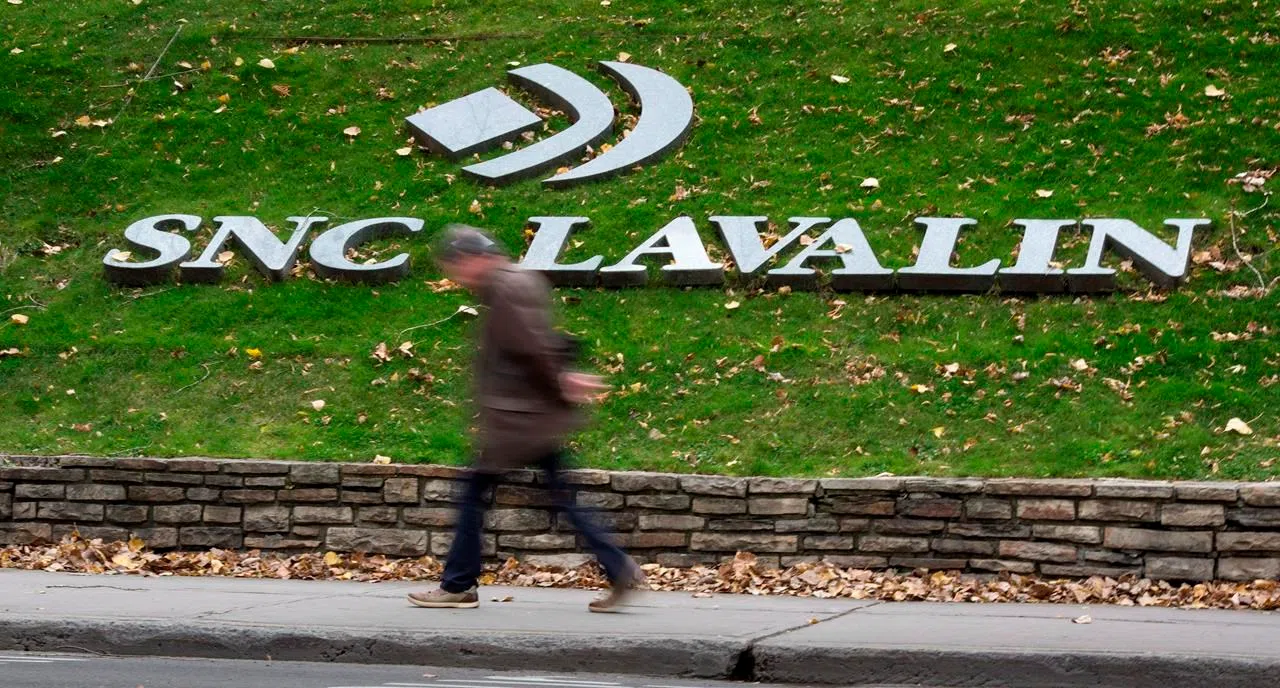
SNC-Lavalin viewed as jewel of Quebec Inc. that needs to be protected: professor
TORONTO — For more than a century, SNC-Lavalin has been viewed with pride in Quebec as it grew from a small firm specializing in hydraulics into a global engineering and construction giant.
Founded in 1911, it gained a reputation for building a large dam in Quebec that spearheaded the province’s development of hydroelectricity and developing the skill sets for thousands of Quebec workers.
Today the company has 50,000 employees around the world, after adding 18,000 with the acquisition of WS Atkins in 2017. However, its head count in Canada has fallen to 9,000 — including 3,400 in Quebec — from 20,000 in 2013.
For that, the Montreal-based company is seen as a provincial crown jewel that needs to be protected despite having its reputation tarnished in 2012 over bribery allegations that led to convictions of several senior executives, says an industry observer.


